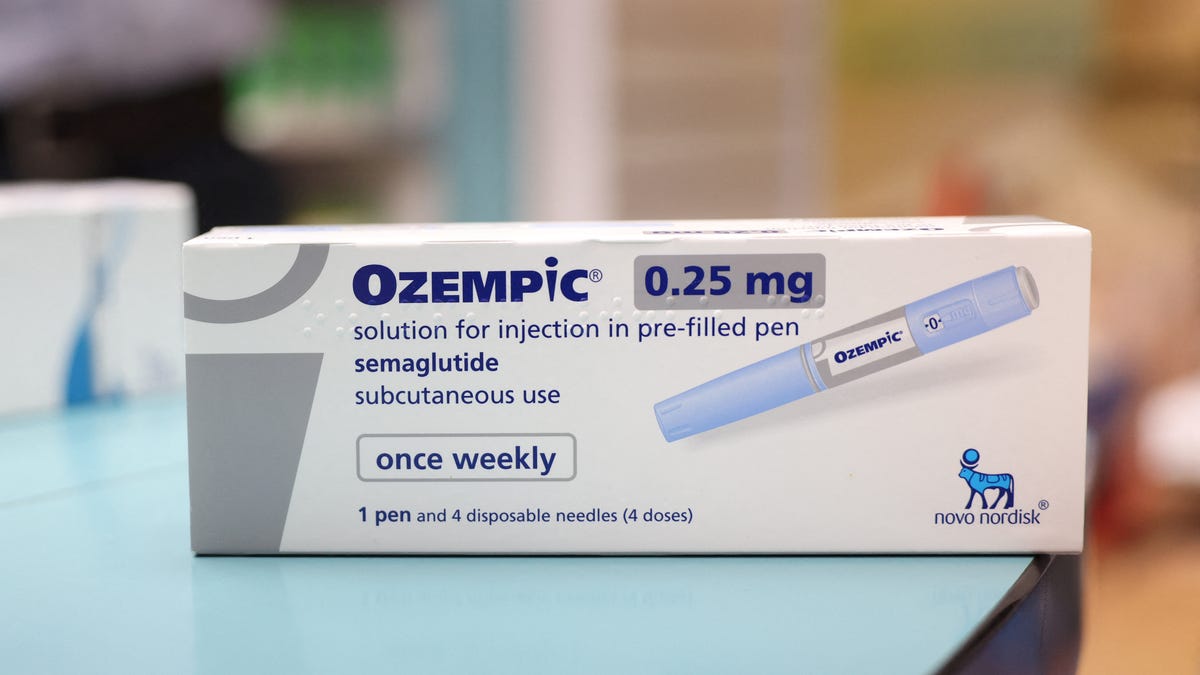The Influence of GLP-1 Drugs on Tobacco and Alcohol Consumption
A recent study conducted by Morgan Stanley sheds light on the impact of GLP-1 drugs, including popular medications such as Ozempic, Wegovy, Mounjaro, and Zepbound, on the consumption habits of individuals. GLP-1s, known for their effectiveness in managing diabetes and aiding weight loss by suppressing appetite, have garnered significant attention for their potential to not only promote healthier eating behaviors but also reduce the intake of tobacco and alcohol among users.
Consumption Habits of GLP-1 Users
Through a survey involving approximately 300 individuals utilizing GLP-1 drugs, Morgan Stanley uncovered compelling insights into how these medications influence tobacco and alcohol use. The findings revealed a noteworthy decrease in the consumption of tobacco and alcohol among users, indicating a potential correlation between the use of GLP-1s and reduced addictive behaviors.
Before commencing GLP-1 treatment, 40% of respondents reported smoking cigarettes on a weekly basis, a figure that dropped to 24% after initiating the medication regimen. Similarly, e-cigarette usage decreased from 30% to 16% post-treatment, highlighting a significant decline in nicotine consumption.
Regarding alcohol consumption, approximately 56-62% of GLP-1 users reported drinking less alcohol since starting the medications, with an impressive 14-18% completely abstaining from alcohol intake. These statistics underscore the potential of GLP-1 drugs to impact addictive behaviors positively.
Future Research and Implications
While Morgan Stanley acknowledged the need for further research to establish a definitive link between GLP-1 drugs and addiction management, anecdotal evidence from patients and healthcare providers suggests a promising role for these medications in curbing excessive tobacco and alcohol consumption.
Clinical trials are currently underway to delve deeper into the effects of GLP-1 drugs on addictive behaviors, offering a glimpse into the potential therapeutic benefits of these medications beyond their primary indications for diabetes and weight loss management.
Projected Growth and Market Trends
Anticipating a continued surge in demand for GLP-1 drugs, Morgan Stanley foresees a thriving market scenario with the global market for GLP-1 medications projected to reach $105 billion by 2030. Moreover, an estimated 31.5 million individuals in the U.S., constituting approximately 9% of the nation’s population, are expected to adopt these drugs by 2035.
As the pharmaceutical landscape evolves and the utilization of GLP-1 drugs expands, the potential for these medications to not only address diabetes and aid weight loss but also mitigate addictive behaviors associated with tobacco and alcohol consumption becomes increasingly apparent.
Image/Photo credit: source url





